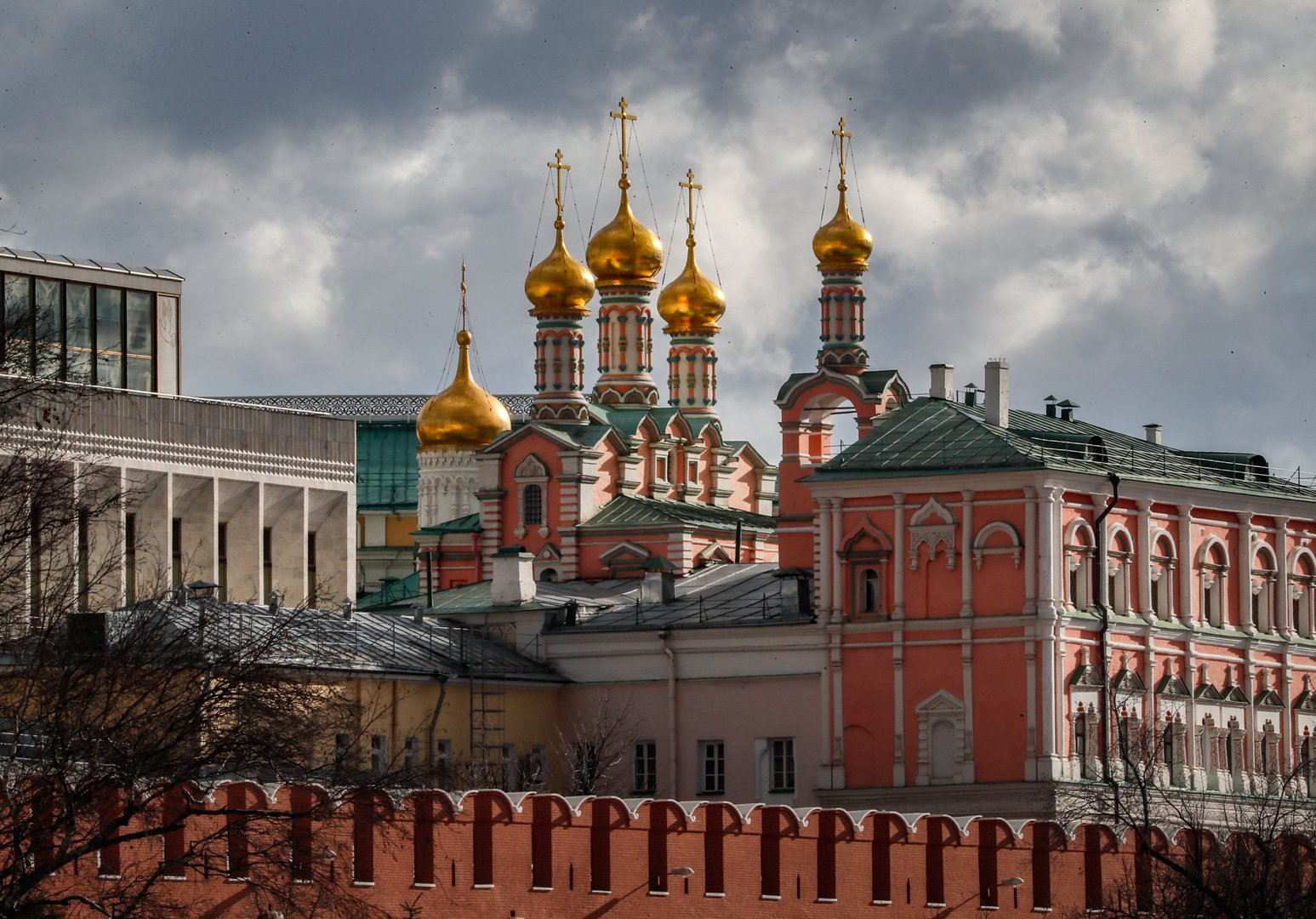Russia will make no big concessions on a peace plan for Ukraine, a senior Russian diplomat said on Wednesday, after a leaked recording of a call involving U.S. envoy Steve Witkoff showed he had advised Moscow on how to pitch to Donald Trump.
Witkoff is expected to travel to Moscow next week with other senior U.S. officials for talks with Russian leaders about a possible plan to end the nearly four-year-old war in Ukraine, the deadliest in Europe since World War Two.
Ukrainian President Volodymyr Zelenskiy said on Tuesday he was ready to advance the U.S.-backed framework for ending the war and to discuss disputed points with the U.S. president in talks that he said should include European allies.
Kyiv and its European allies are worried that details of the plan leaked last week show it bows to key Russian demands – barring Ukraine’s NATO entry, enshrining Russian control of a fifth of Ukraine and limiting the size of Ukraine’s army.
PEACE PLAN CAUGHT KYIV OFF GUARD
U.S. policy toward the war in Ukraine has veered widely since the summer. Trump’s hastily arranged Alaska summit with Putin spurred worries that Washington was prepared to accept many Russian demands, but ultimately resulted in more U.S. pressure on Russia.
The latest peace proposal caught many in Washington, Europe and Kyiv off guard, stirring anxiety that Trump might be willing to push Ukraine to sign a peace deal heavily tilted towards Moscow.
The plan – and the leaked Witkoff call – prompted unusually harsh criticism from Trump’s fellow Republicans, who have generally marched in lockstep with the president since he began his second term.
Representative Brian Fitzpatrick called for a change in strategy, describing on social media the Witkoff call as “a major problem. And one of the many reasons why these ridiculous side shows and secret meetings need to stop.”
Senator Mitch McConnell, the party’s former Senate leader, said Russia should not be rewarded. “A deal that rewards aggression wouldn’t be worth the paper it’s written on. America isn’t a neutral arbiter, and we shouldn’t act like one,” he said on X.
Trump later said progress was being made and Moscow was making concessions even though the war – in which Russian forces have been advancing – was only going to move “in one direction.”
But, while welcoming the Trump administration’s efforts, Russian Deputy Foreign Minister Sergei Ryabkov told reporters in Moscow on Wednesday: “There can be no question of any concessions, or any surrender of our approaches to those key points.”
TRANSCRIPT OF WITKOFF-USHAKOV CALL LEAKED
Moscow also raised concerns about the leak to Bloomberg News of the transcript of a call between Witkoff and Putin’s foreign policy aide, Yuri Ushakov, in which the U.S. envoy advised Ushakov on how to pitch a peace plan to Trump.
Trump, on Air Force One, brushed aside a question from a reporter about why Witkoff appeared to be coaching Russian officials as “what a dealmaker does” and “a very standard form of negotiation.”
But Russia said the leak was an unacceptable attempt to undermine peace efforts and amounted to hybrid warfare.
Ushakov said he had used WhatsApp to speak to Witkoff on several occasions and the Russian newspaper Kommersant, which interviewed Ushakov, ran a story headlined: “Who set up Steve Witkoff?”
Bloomberg said it had reviewed a recording of the call. It was not clear how Bloomberg got the recording.
A Bloomberg News spokesperson said: “We stand by our story.”
TOO EARLY TO TALK OF PEACE, KREMLIN SAYS
Trump said on Tuesday Witkoff would meet Putin and that Jared Kushner, who helped negotiate the deal that brought about an uneasy ceasefire in the Gaza war between Israel and the Palestinian militant group Hamas, would also be involved.
“As for Witkoff, I can say that a preliminary agreement has been reached that he will come to Moscow next week,” Ushakov told reporters.
Asked by reporters whether a peace deal was close, Kremlin spokesman Dmitry Peskov was quoted by Russian news agency Interfax as saying: “Wait, it’s premature to say that yet.”
Russian forces control more than 19% of Ukraine following Moscow’s 2022 invasion, and have advanced in 2025 at the fastest pace since 2022, although the advances remain slow and Kyiv says Russia has incurred heavy losses to achieve them.
Ukraine and its European allies echo former U.S. President Joe Biden in saying the invasion is an imperial-style land grab for which Moscow must not be rewarded.
Putin casts the war as a watershed moment in relations with the West, which he says humiliated Russia after the Soviet Union fell in 1991 by enlarging NATO and encroaching on what he considers Moscow’s sphere of influence.






Click here to change your cookie preferences